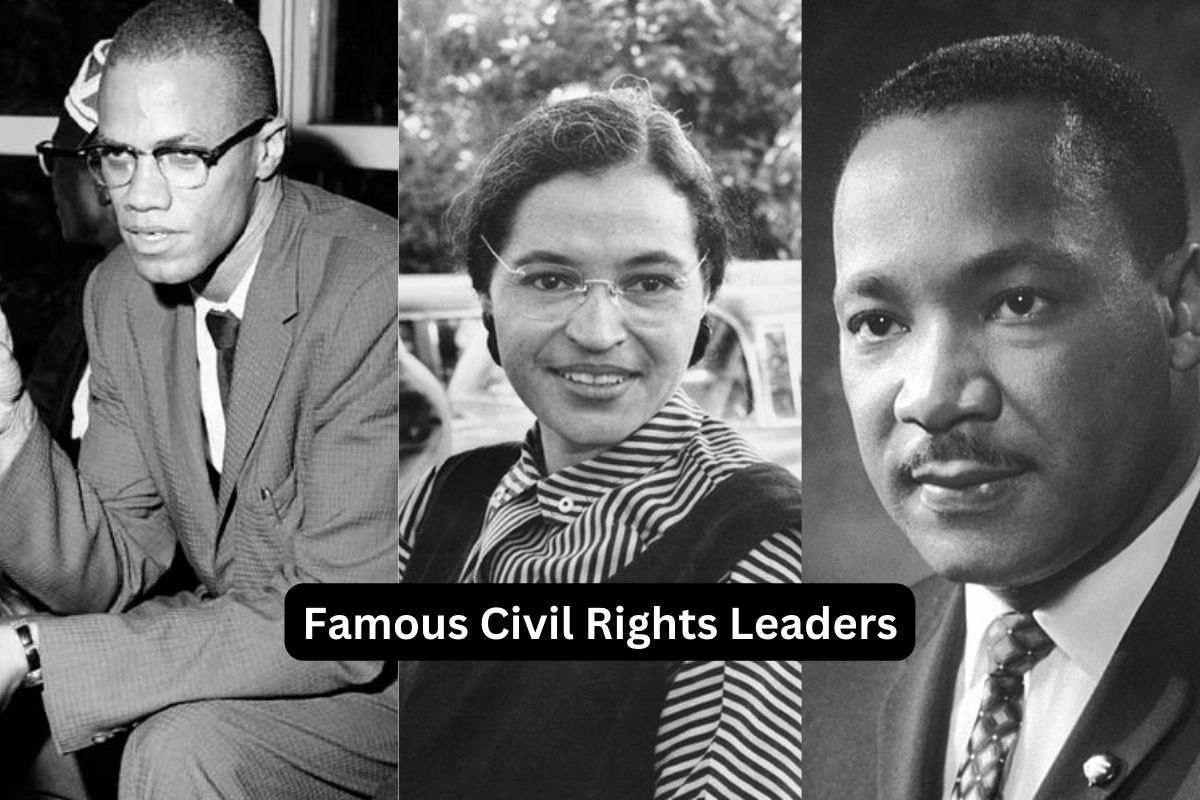The following civil rights leaders have left an indelible mark on history through their tireless efforts and unwavering commitment to justice and equality.
From the iconic leadership of Martin Luther King Jr. and Rosa Parks in the American civil rights movement, to the global influence of figures like Nelson Mandela and Mahatma Gandhi, each leader has made significant contributions to dismantling systemic oppression and advocating for the rights of marginalized communities.
Their actions, philosophies, and legacies continue to inspire activists and change-makers around the world, reminding us of the enduring power of courage, determination, and unity in the pursuit of a more just and equitable society.
Famous Civil Rights Leaders
1. Martin Luther King Jr.
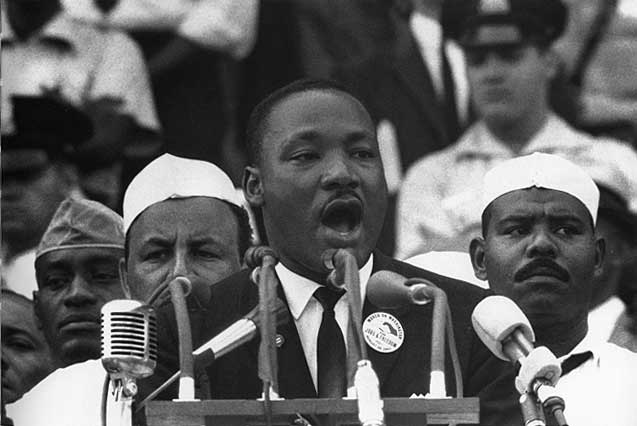
Martin Luther King Jr. was a prominent leader in the American civil rights movement during the 1950s and 1960s. He is best known for his advocacy of nonviolent resistance to racial segregation and his role in advancing civil rights for African Americans.
King led and organized a number of pivotal events, including the Montgomery Bus Boycott in 1955, which was sparked by Rosa Parks’ refusal to give up her seat on a segregated bus.
Also Read: Famous Black Activists
King is perhaps most famous for his “I Have a Dream” speech, delivered during the March on Washington for Jobs and Freedom in 1963. This speech emphasized racial harmony and equality and has become an iconic moment in history.
King’s efforts contributed to the passage of significant civil rights legislation, including the Civil Rights Act of 1964 and the Voting Rights Act of 1965.
2. Rosa Parks

Rosa Parks is often referred to as the “mother of the civil rights movement.” In 1955, she became a symbol of resistance when she refused to give up her seat on a bus to a white passenger in Montgomery, Alabama.
This act of civil disobedience led to her arrest and sparked the Montgomery Bus Boycott, a pivotal event in the civil rights movement. The boycott lasted for over a year and eventually resulted in a Supreme Court ruling that declared segregated buses unconstitutional.
Parks’ courage and determination brought international attention to the struggle against racial segregation and discrimination.
Her actions inspired countless others to join the fight for civil rights and justice. She continued to be an advocate for civil rights throughout her life, working alongside other activists and leaders.
3. Malcolm X
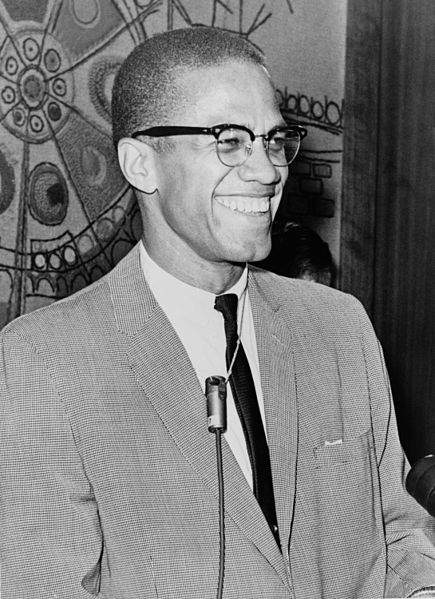
Malcolm X was a prominent figure in the civil rights movement, known for his strong advocacy for black empowerment and his critique of racial integration.
He was a spokesperson for the Nation of Islam (NOI) and promoted a message of self-defense and self-determination for African Americans. Unlike some other civil rights leaders, Malcolm X’s approach included a willingness to use any means necessary to achieve equality and justice.
Over time, Malcolm X’s views evolved beyond his affiliation with the NOI. He embraced a broader perspective that focused on addressing systemic racism and inequality. His efforts to bridge gaps between racial and religious communities were cut short when he was assassinated in 1965.
Despite his controversial stance at times, Malcolm X’s impact on the civil rights movement and his emphasis on self-respect and unity continue to resonate with people advocating for social justice.
4. Nelson Mandela

Nelson Mandela was a South African anti-apartheid revolutionary and political leader who played a critical role in ending apartheid, a system of racial segregation and discrimination enforced by the South African government. He spent 27 years in prison for his involvement in anti-apartheid activities before being released in 1990.
Mandela’s efforts, along with those of other activists, contributed to the dismantling of apartheid and the establishment of a democratic South Africa. He was elected as the country’s first black president in 1994, marking a historic moment of reconciliation and change.
Mandela’s commitment to justice, equality, and nonviolent reconciliation has made him a global symbol of resistance against oppression and a champion of human rights.
5. Harriet Tubman
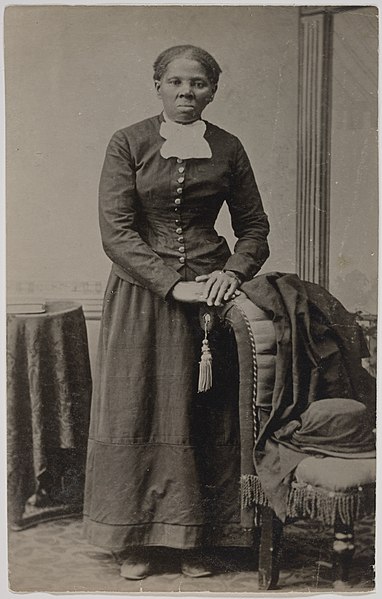
Harriet Tubman was an African American abolitionist and political activist known for her courageous efforts to free enslaved individuals through the Underground Railroad, a network of safe houses and secret routes.
Tubman escaped slavery herself and then returned to the South multiple times to guide others to freedom.
Tubman’s bravery and determination helped around 70 enslaved people escape to the North, and she became known as the “Moses of her people.” Her actions played a significant role in the abolitionist movement and the fight against slavery.
Later in life, she also became an advocate for women’s suffrage and worked alongside prominent suffragists.
6. Cesar Chavez
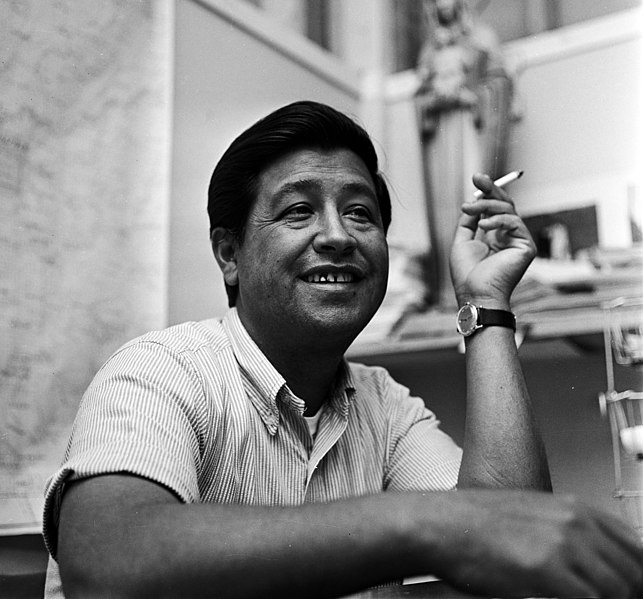
Cesar Chavez was a Mexican American labor leader and civil rights activist who co-founded the United Farm Workers (UFW) union. He dedicated his life to improving the working conditions and rights of agricultural laborers, many of whom were Latino farmworkers facing exploitative conditions.
Chavez led strikes and boycotts to raise awareness about the harsh conditions faced by farm workers and to demand fair wages, safe working conditions, and collective bargaining rights.
His nonviolent approach and dedication to social justice led to significant improvements in the lives of farm workers and inspired other labor and civil rights movements.
7. Mahatma Gandhi

Mahatma Gandhi was an influential leader of India’s struggle for independence from British colonial rule. His philosophy of nonviolent resistance, often referred to as satyagraha (truth force), emphasized the power of love, truth, and passive resistance as a means to achieve social and political change.
Gandhi’s approach involved civil disobedience, boycotts, and other nonviolent actions to challenge unjust laws and oppressive systems. His belief in the inherent dignity and equality of all people guided his efforts, and he urged people to resist injustice without resorting to violence.
Gandhi’s methods inspired civil rights leaders around the world, including Martin Luther King Jr., who adopted similar principles of nonviolent resistance in the fight against racial segregation and discrimination.
8. Fannie Lou Hamer
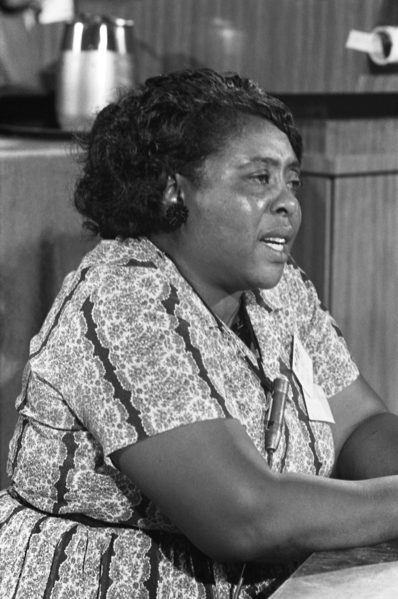
Fannie Lou Hamer was a voting rights activist and a powerful voice for civil rights during the 1960s. She was a key figure in the Mississippi Freedom Democratic Party (MFDP), which aimed to challenge the all-white Democratic Party establishment in Mississippi and advocate for racial integration.
Hamer’s activism led her to speak out against voter suppression and to organize efforts to register African American voters. She famously testified at the 1964 Democratic National Convention about the brutal treatment she and other activists had endured while trying to register to vote.
Her testimony brought national attention to the struggles faced by Black voters in the South and highlighted the urgent need for voting rights reform.
9. Dolores Huerta
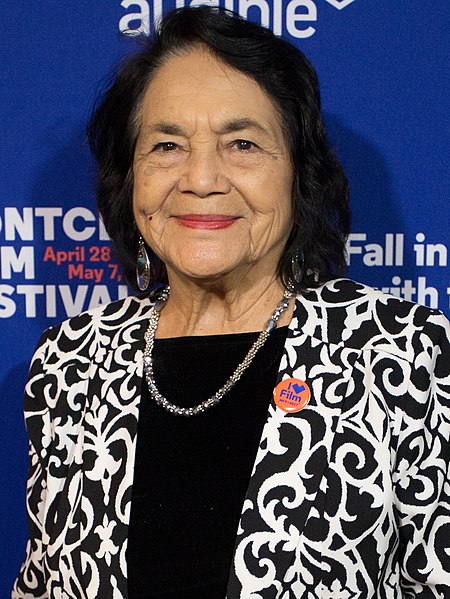
Dolores Huerta is a labor leader and civil rights activist who co-founded the United Farm Workers (UFW) union alongside Cesar Chavez. She played a pivotal role in advocating for the rights of agricultural workers, particularly Latino farm workers.
Huerta helped organize strikes, boycotts, and protests to demand fair wages, better working conditions, and collective bargaining rights for farm workers. She was also instrumental in raising awareness about the challenges faced by farm worker women and children.
Huerta’s activism extended beyond labor rights; she has been involved in various social justice causes, including women’s rights and immigration reform.
Huerta’s leadership and dedication to grassroots organizing have had a lasting impact on labor rights and civil rights movements. Her work has helped improve the lives of countless workers and has inspired others to stand up for justice and equality.
10. W.E.B. Du Bois
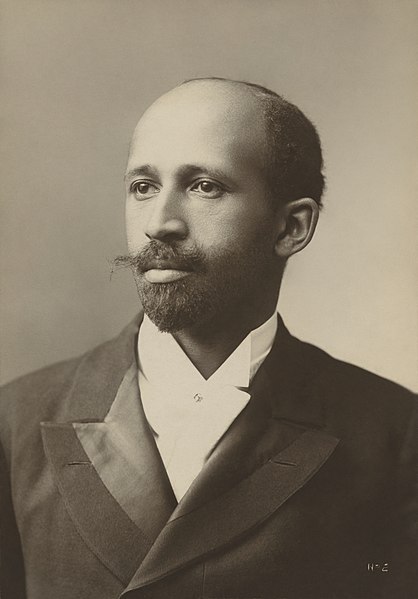
W.E.B. Du Bois was a prominent African American scholar, writer, and civil rights activist. He co-founded the National Association for the Advancement of Colored People (NAACP) in 1909, an organization dedicated to fighting racial discrimination and promoting civil rights for African Americans.
Du Bois advocated for higher education and intellectual advancement within the Black community and used his platform to challenge racial prejudice. He emphasized the importance of addressing systemic inequalities and promoting political and economic rights for African Americans.
Du Bois’ extensive writings, including works like “The Souls of Black Folk,” continue to be influential in discussions about race, social justice, and civil rights.
11. Ella Baker
Ella Baker was a civil rights activist and organizer who played a significant role in various civil rights organizations, including the Southern Christian Leadership Conference (SCLC) and the Student Nonviolent Coordinating Committee (SNCC).
Baker believed in the power of grassroots organizing and collective action. She emphasized the importance of empowering local communities to lead their own movements and encouraged young activists to take the lead in their fight for justice.
Baker’s approach fostered a sense of autonomy and ownership among marginalized communities, and her guidance helped shape the direction of the civil rights movement.
12. Bayard Rustin
Bayard Rustin was a key strategist and organizer within the civil rights movement. He was a close advisor to Martin Luther King Jr. and played a crucial role in organizing the 1963 March on Washington for Jobs and Freedom, during which King delivered his famous “I Have a Dream” speech.
Rustin was a strong advocate for nonviolent resistance and was deeply committed to social justice. He faced challenges due to his identity as an openly gay man in a time when homosexuality was often stigmatized.
Despite these challenges, Rustin continued to work for civil rights and was dedicated to addressing issues of economic inequality and discrimination.
13. Dorothy Height
Dorothy Height was a leader in both the civil rights and women’s rights movements. She served as the president of the National Council of Negro Women (NCNW) for over four decades, advocating for the rights and well-being of African American women and families.
Height worked to address issues such as poverty, education, and voting rights. She was an instrumental figure in organizing the 1963 March on Washington and collaborated with other civil rights leaders to advance the cause of racial equality. Throughout her life, she emphasized the importance of coalition building and unity across various movements for justice.
